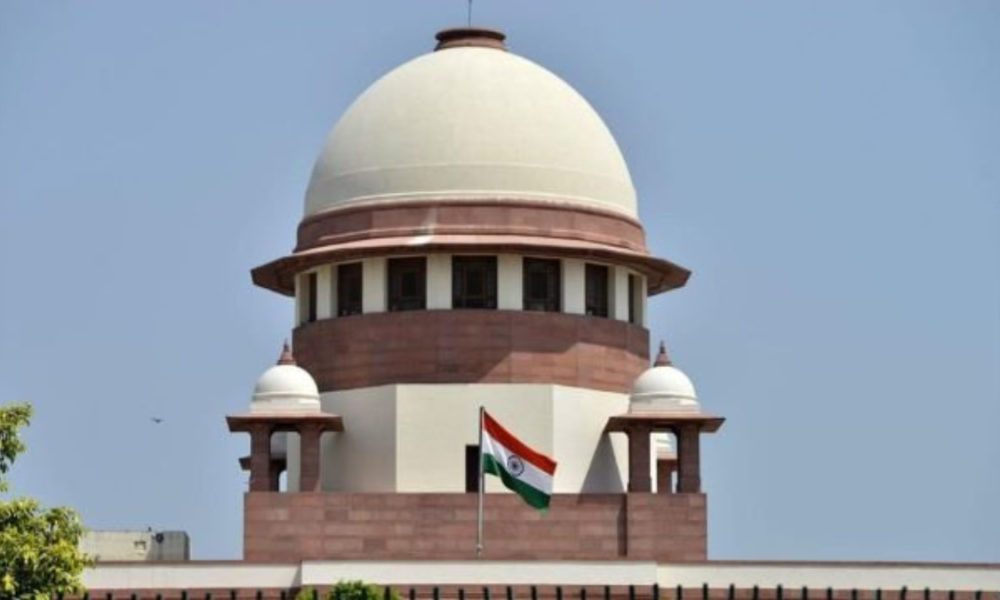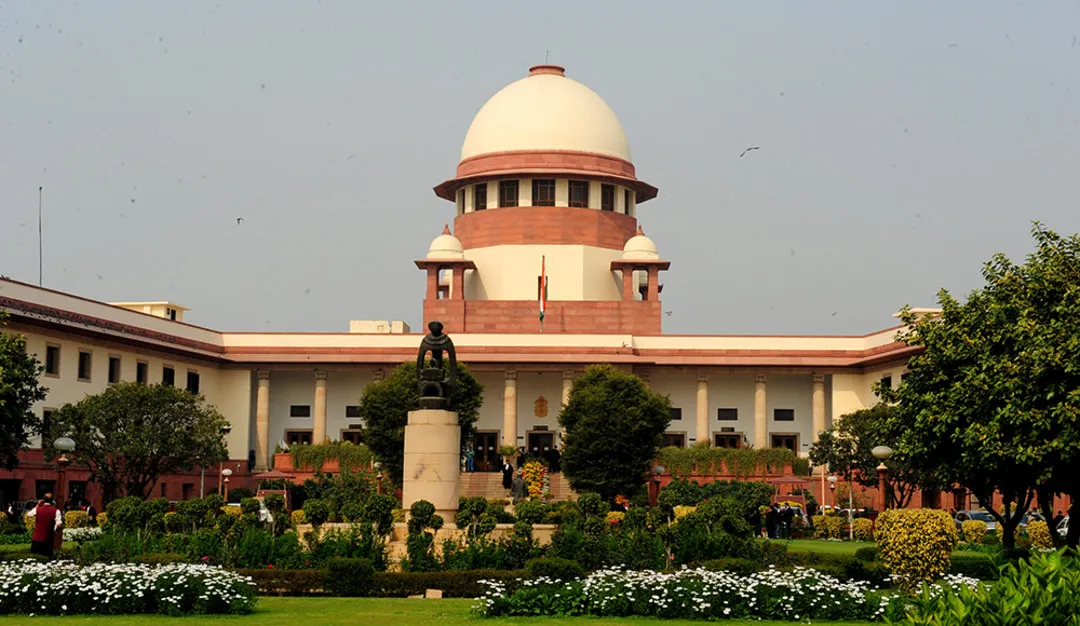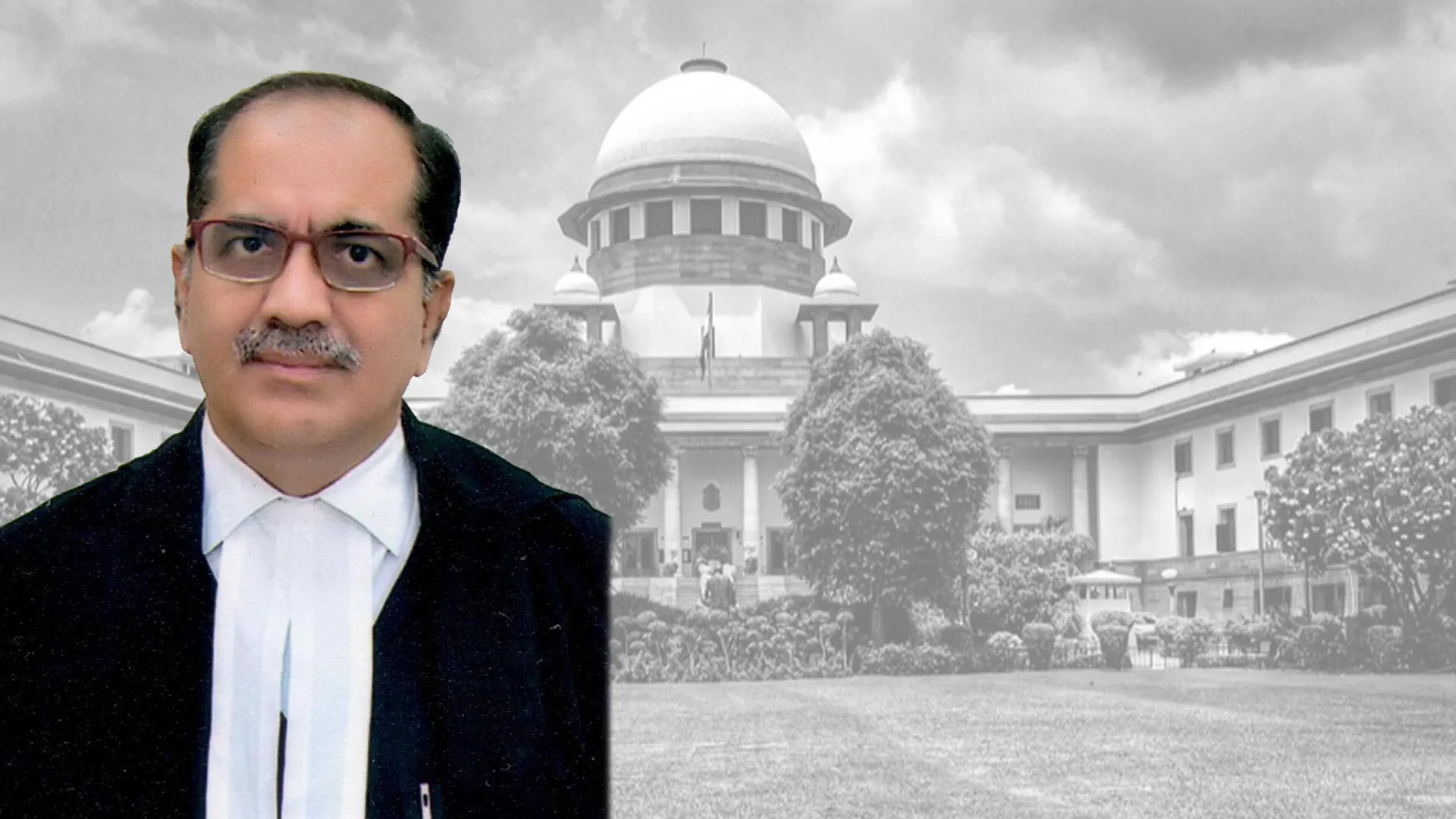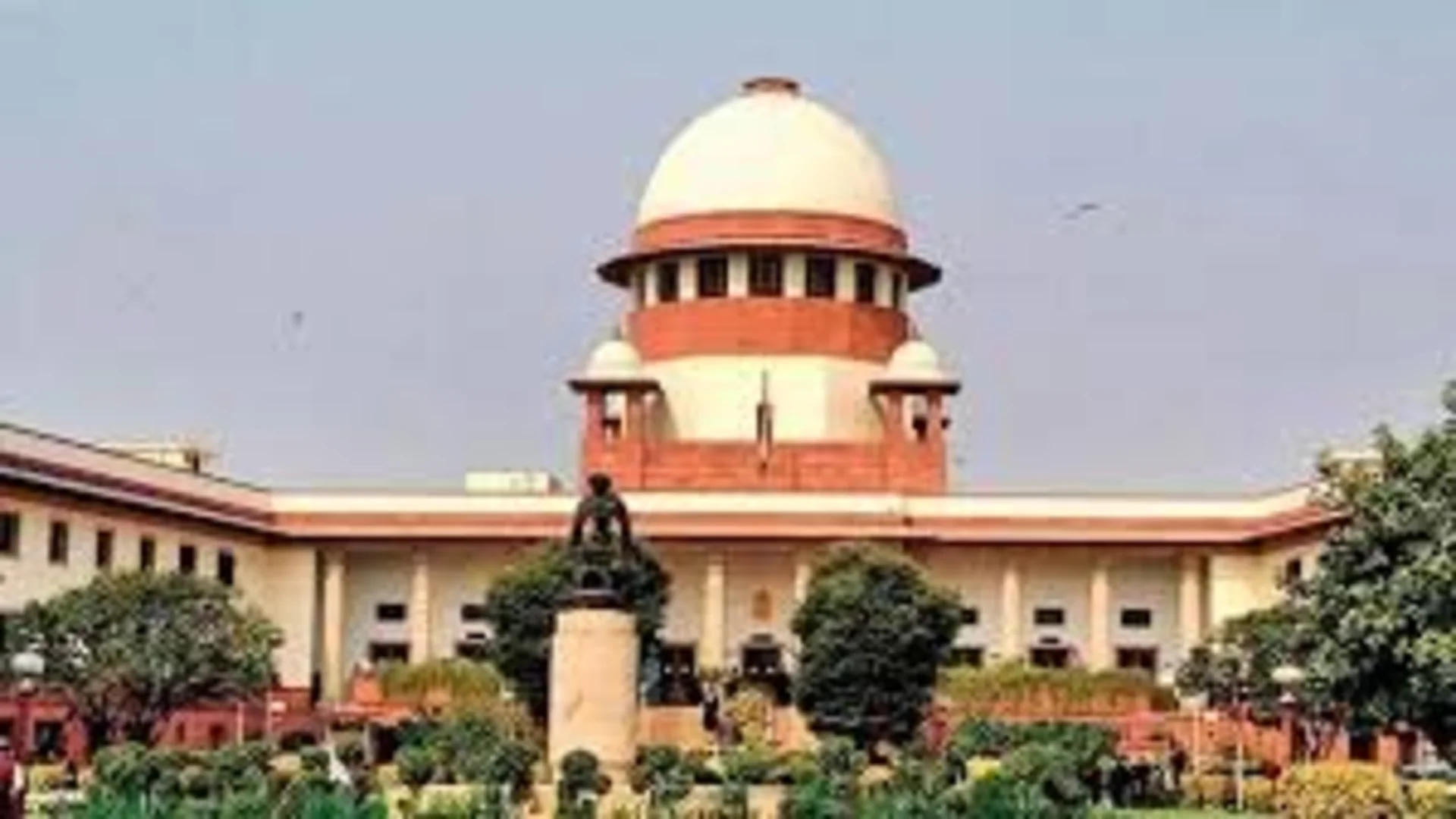A little known fact is that during the pandemic there has been an increase in the number of cases pending in Indian courts by roughly 20,000 cases per day. A Delhi High Court Judge is reported to have calculated in 2009 that if we are to clear the arrears in the Delhi High Court, it might take up to 464 years. The Law Commission noted this in its 230th report and opined that the position “may not be that gloomy” but it was “still alarming”. That was their view on the 5th of August 2009. Eleven years later, the Chairman of the Law Commission has naturally moved on, the recipient of the report who was the then law minister has also demitted his office and several Chief Justices have been sworn in and then retired in the Supreme Court of India and in each of the High Courts. The justice delivery system continuesto lumber on…for now, but the question really is whether it is delivering justice or whether the justice delivery system is maintaining a Nelson’s eye to all serious and severe problems arising from mounting arrears. Are we not ignoring the tremendous injustices perpetuated upon every innocent person who remains under trial and is yet incarcerated while s/he is accused of an offence, but has not been adjudicated to be guilty? The favourite maxim of the courts that you are innocent until proven guilty is actually a chimera insofar as it concerns persons who don’t get bail once they are accused of a serious crime. It is even worse if such innocent folks happen to be poor, picked-up by an overzealous police officer who finds the right ingredients of suspicious activity, perceived notoriety and prior criminal record even if such prior criminal record is patently unproven.
As a reader I would not blame you if you thought: “Surely not – Mr. Author – surely this system is better than that you would assume it to be in your pessimistic article? Surely, we have a system in place to put these people behind bars when they have actually done something wrong?” But the answer sadly is that 69% of India’s jails are occupied with undertrials who have not been convicted. That is the figure as of today. What is worse is that although we started understanding the seriousness of the problem somewhere in the late 90s when the Supreme Court issued its first set of serious directions in the case of Anil Rai vs. State of Bihar in the year 2001, we had no idea how much this behemoth would grow. Far from improving the situation, the number of pending cases has grown from 3.14 crore casesin the year 2009 to 3.46 crore cases today. Shockingly a report that showed a pendency of 3.34 crore cases in late July 2020 when seen in the context of pendency as on Friday, the 25thof September 2020 reflects an increase of 1.2 million cases in just 60 days. If we aren’t bothered about human rights, the effect of “pendency” on prisoners, or the consequences of sending other innocent people to jail for long periods of time (after all – they must have done something wrong!), perhaps our people may worry about money. After all, money determines everything and affects our day-to-day business. India strives to demonstrate its economic power through the new and renewed Ease of Doing Business (EoDB). Chambers of Commerce and business houses alike seek to “unclog the Indian legal system” so as to improve contract enforcement and have faster dispute resolution mechanisms. With courts still stuck in the pendency paralysis, it is clear that our money and the cost of pursuing an ordinary business will be compromised unless we begin with strictly enforced new measures for contract enforcement. Our companies will need to be “saved” from the clutches of civil court pendency which is robbing India of a major element of its business credibility. Mr. Fali Nariman, one of India’s most noted jurists, famously said that in some countries they have Order and in India we have Law. Should we not now quickly marry the two and deliver law and order so as to change international perceptions about how our courts involve themselves with dispute resolution in a purposive and result-oriented approach that might eventually be better than what is on offer elsewhere? What we really need is serious reform and steps for that must be identified soon.
We are debating this issue in an online platform of the PHD Chamber of Commerce and Industry on this 26th of September, please feel free to find the link at www.phdcci.in and listen in. After this first initiative, another part of this article will emerge with suggested steps for reform based on the lessons of the past.
Amir Singh Pasrich is Managing Partner of I.L.A. Pasrich & Company, Advocates. He is co-chair of the India Working Group of the International Bar Association (IBA) and is an elected member of the IBA’s LPD Council, he is also Chairman of the Law & Justice Committee of the PHD Chamber of Commerce.






















